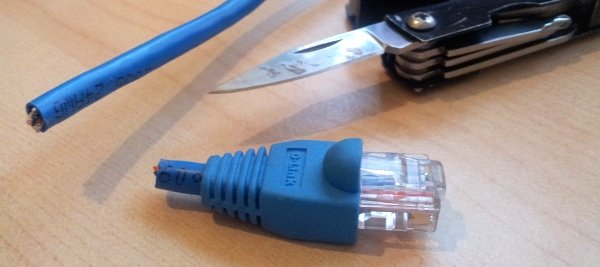Is it the end for ethernet?

Our favourite networking alphanumeric is 802.11n, but only when it comes to web surfing and watching videos online. Dual band routers and multiple antennas are fine as far as they go, but you can still spot the house of a gamer by the ethernet cables that trail loosely up the stairs.
Are the days of wirefree gaming finally upon us? Chip manufacturer Broadcom reckons it is.
The company told analysts that it will have products based on an entirely new set of wireless standards some time late next year. Dubbed 802.11ac, the double vowel standard has yet to be ratified by the IEEE, but Broadcom is pushing ahead all the same. Given the compatibility difficulties between 'draft' and 'full' spec routers and receivers during the launch of 802.11n a few years ago, this may not be a good thing, but it does at least give us a taste of what is to come.
The new 'ac' spec is similar to Wireless N in that it uses multiple antennas and bonded streams to achieve faster speeds. With around 500Gbps per channel, it's claimed to be capable of achieving 1Gbps speeds using a twin antenna array. Wikipedia cites an example nearly 7 gigabits using eight antennas.
802.11ac will be technically be backwards compatible with existing WiFi kit, but since it uses the 5GHz frequency range which is still fairly uncommon for Wireless N adaptors, that's probably a moot point.
The really important thing is that it could mean hanging onto those sub-20ms pings even without wires – we'll just have to wait and see. It took years for Wireless N to grow into its full potential, and even that turned out to be less than was promised.
(Via TechEye )
The biggest gaming news, reviews and hardware deals
Keep up to date with the most important stories and the best deals, as picked by the PC Gamer team.

